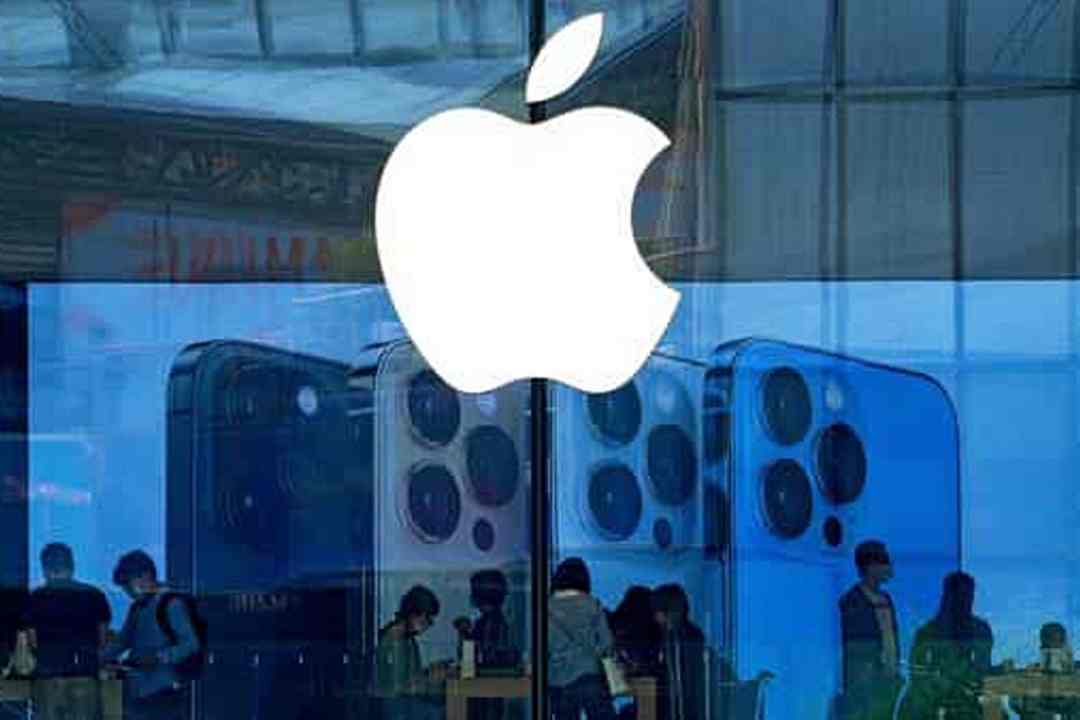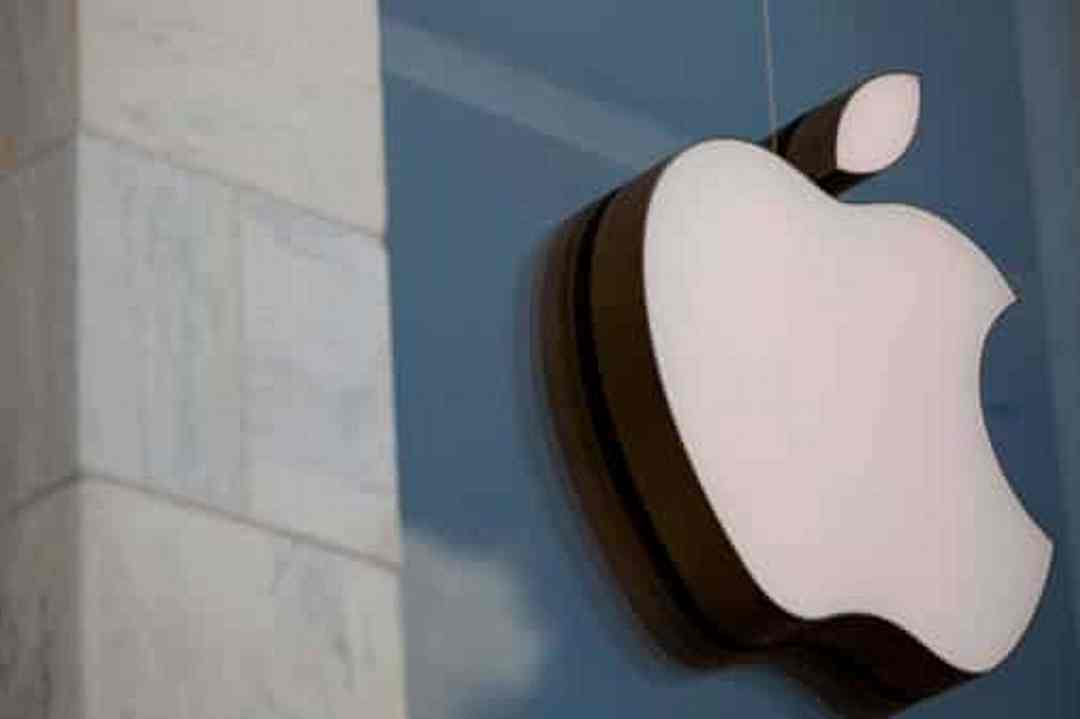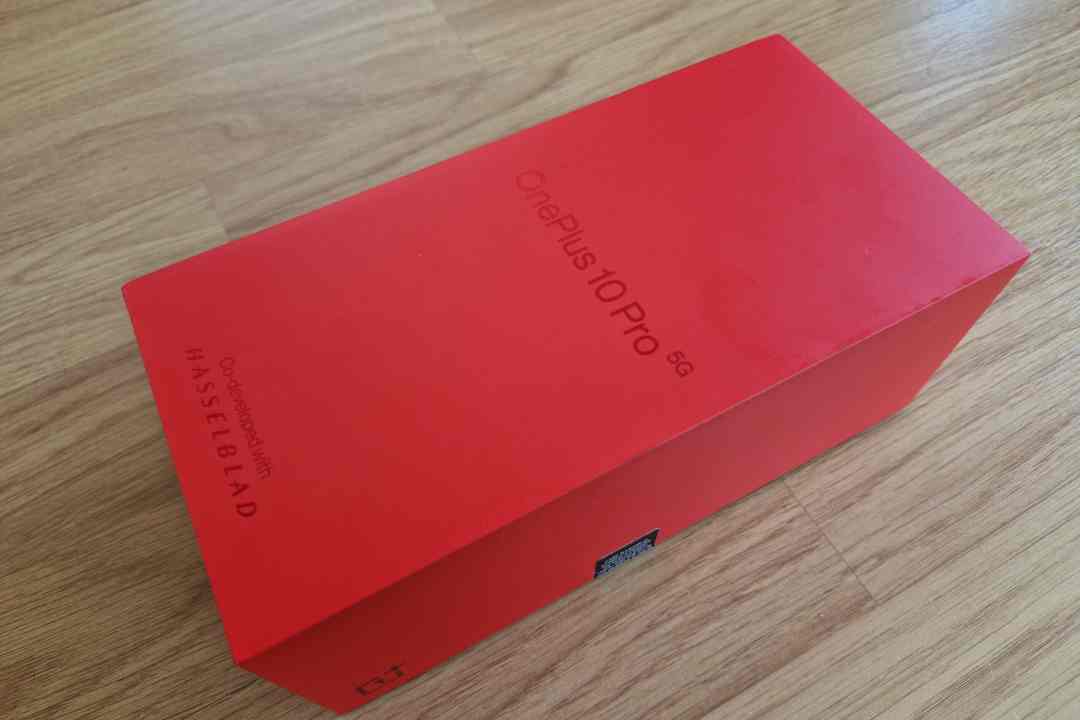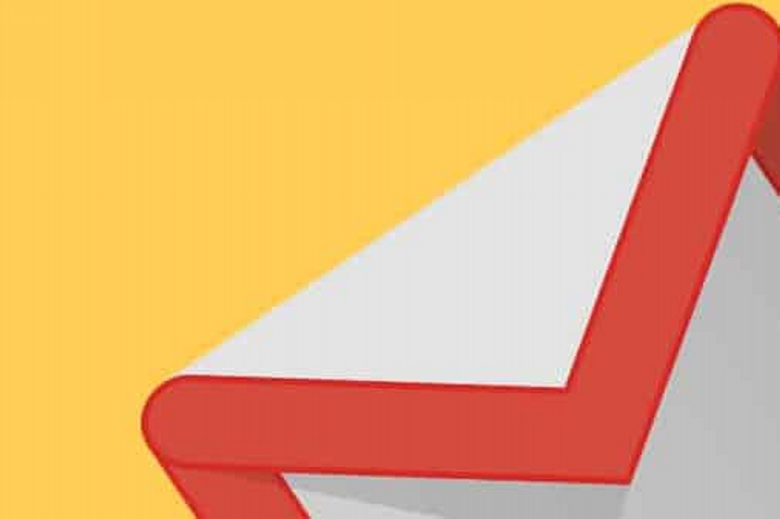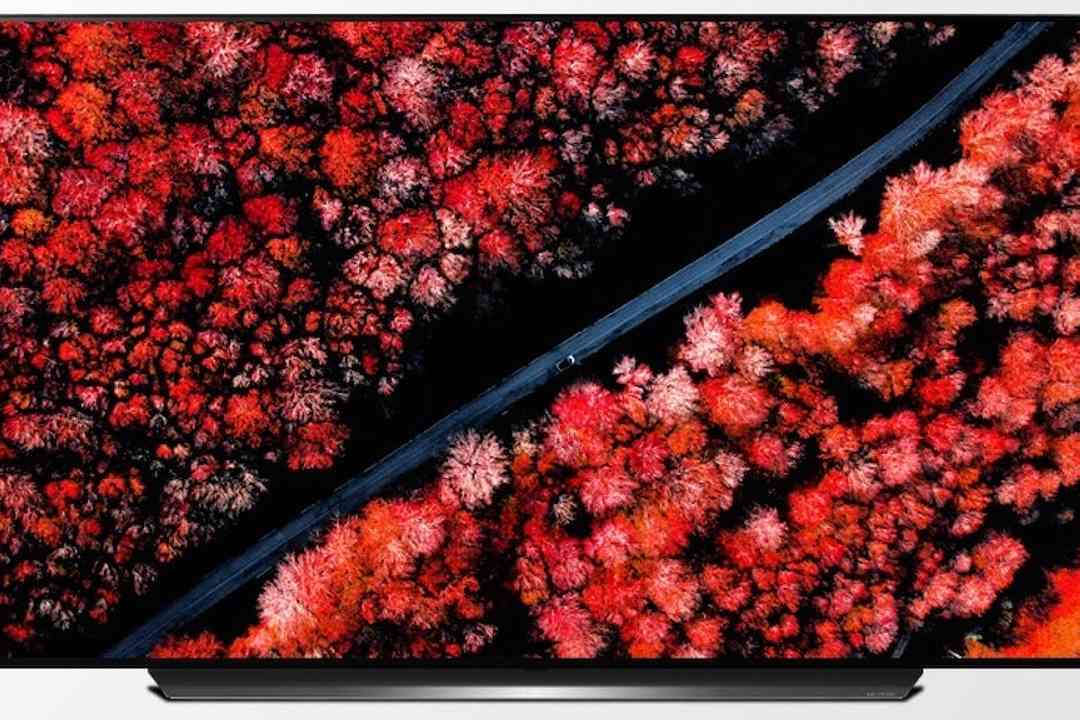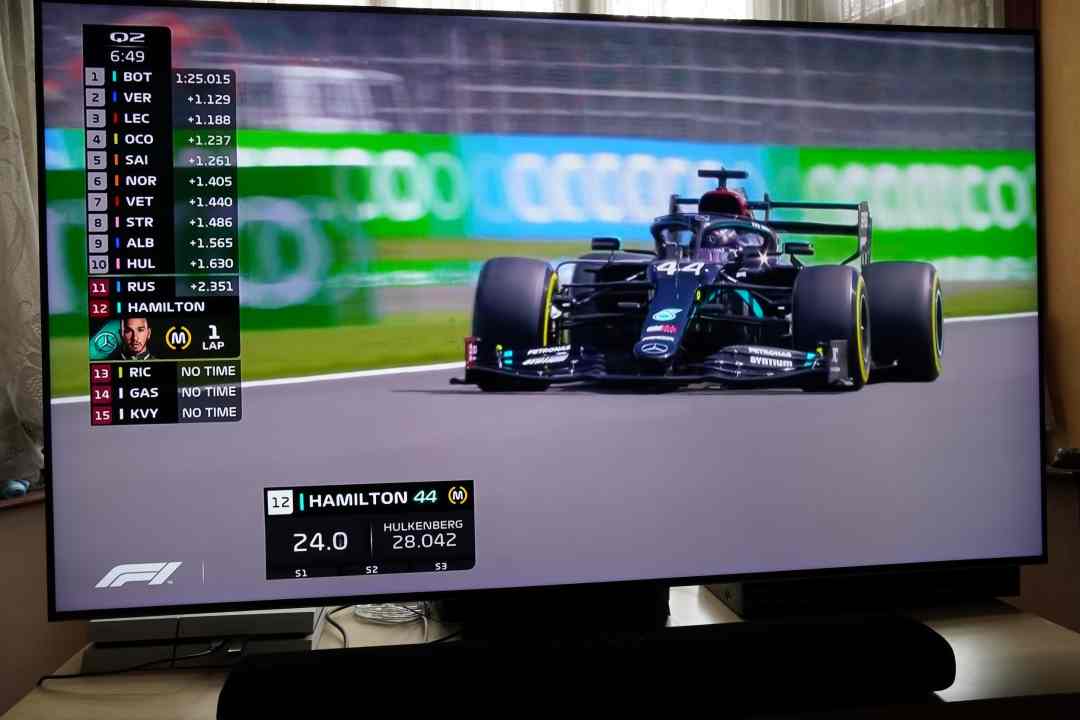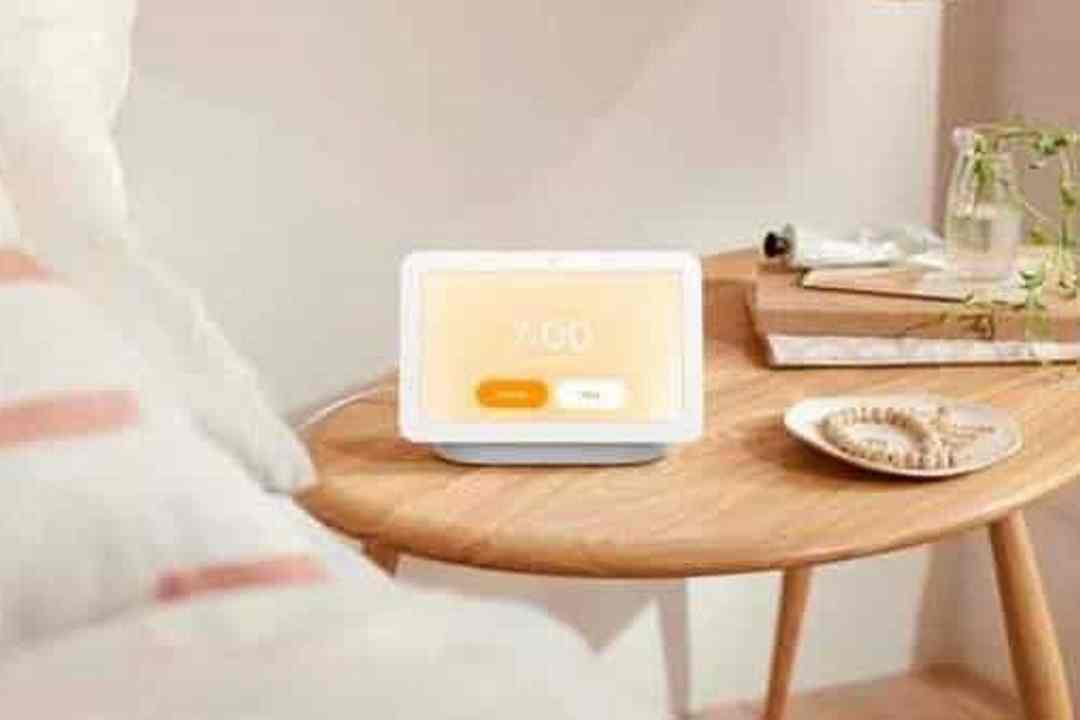
SAN RAMON, Calif.: Google’s next internet-connected home device will test whether consumers trust the company enough to let it snoop on their sleep.
New sleep-sensing technology will be a key feature on Google’s latest version of its Nest Hub, a 7-inch smart screen unveiled Tuesday.
But the latest Nest Hub can also perform a new trick. If you allow it, the device will also monitor your sleeping patterns from your bedside, negating the need to wear a fitness device or any other potentially bothersome gadget in bed. The feature, which Google intends to offer for free through at least this year, relies on a new chip Google calls Soli, which uses radar to detect motion, including the depth of a person’s breathing.
The $100 Nest Hub can display pictures and video in addition to fielding questions and handling household task through Google’s voice-activated assistant. It doesn’t feature a camera.
The Nest Hub is supposed to generate weekly sleep reports with easy-to-understand breakdowns on the length and quality of sleep, how frequently the user gets up at night and snoring and coughing frequency, along with tips developed in consultation with the American Academy of Sleep Medicine.
Google says it honed the technology by studying 15,000 sleeping people over a combined 110,000 nights.
That kind of help may sound appealing to the millions of people who have trouble sleeping. But the feature may also raise privacy concerns — especially given Google’s long history of online surveillance to collect personal details such as interests, habits and whereabouts to help sell the digital ads that generate most of its revenue.
The company may also eventually tweak the feature to work with its FitBit line of fitness devices, which Google took over in January. That $2.1 billion purchase has raised concerns that Google could use those gadgets to peer more deeply into people’s personal health.
TOP GADGETS
See All
Google is emphasizing the privacy protections built into the sleep sensing feature. For starters, users will have to turn it on themselves. The Nest Hub will also have controls that Google says will make it clear when sleep tracking is on and to make it easy to delete data from the device.
All audio will be kept on the device, meaning it won’t be sent to Google’s data centers, although other sleep information will be provided to generate the analysis and reports. None of the information collected through the sleep sensing feature will be used to sell ads, said Ashton Udall, Google Nest’s senior product manager.
This story has been published from a wire agency feed without modifications to the text.


